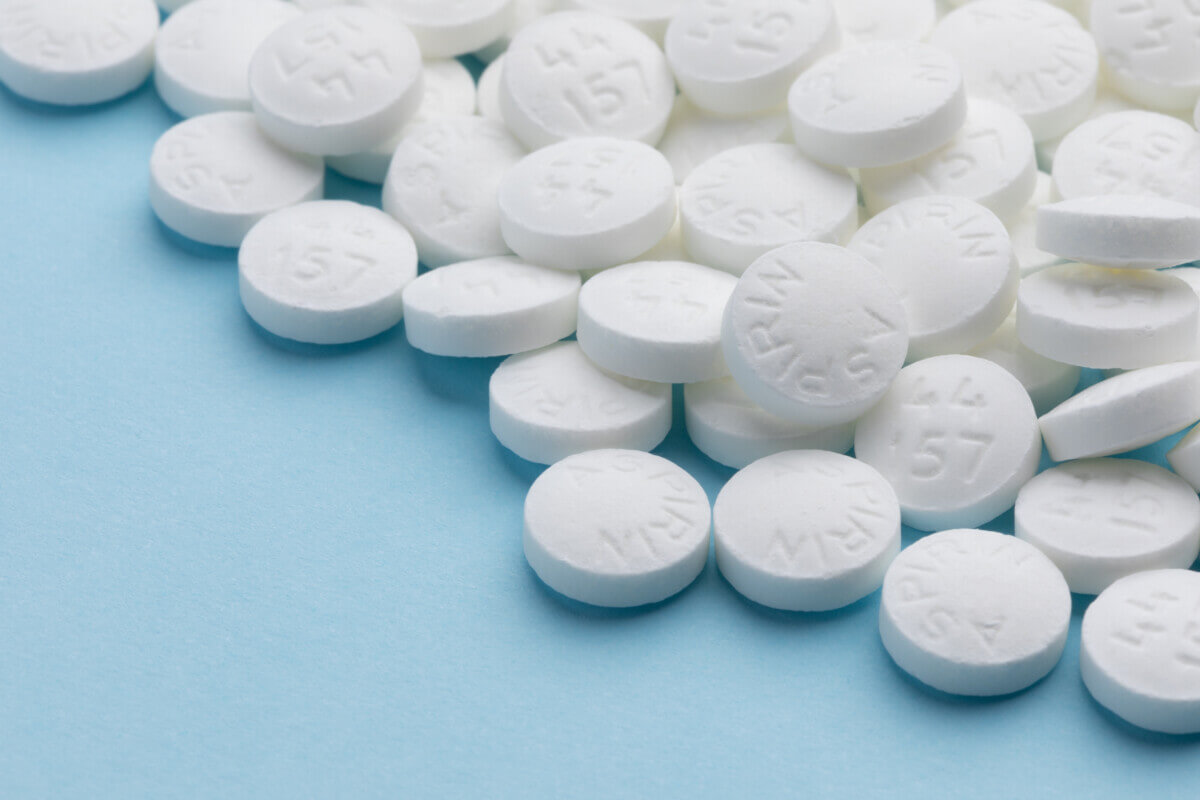
(© Irin Fierce - stock.adobe.com)
DARIEN, Ill. – If you ever have a particularly rough night of sleep, the answer for feeling better may not be coffee — it may actually be aspirin. Researchers have discovered that a simple low-dose aspirin — the same kind many people take for heart health — could be a game-changer in combating harmful inflammation due to sleep loss.
The findings, in a nutshell
Most people have experienced a groggy, irritable feeling after a night of poor sleep. However, the effects go far beyond just feeling cranky. Sleep deficiency, whether from insomnia or simply working all night, can actually trigger inflammation in your body — the same type of internal fire that causes chronic diseases.
In this groundbreaking study published in the journal SLEEP, scientists from Beth Israel Deaconess Medical Center found that taking just 81 milligrams of aspirin daily (commonly known as a baby aspirin) can significantly dampen the body's inflammatory response when you're short on sleep. This isn't just about feeling better; it's about potentially reducing your risk for serious health issues that are linked to chronic inflammation, like heart disease and diabetes. The study's results suggest that for people going through periods of sleep deficiency, aspirin could be a simple, affordable way to protect their long-term health. This includes shift workers, new parents, or students pulling all-nighters.

How did scientists make this discovery?
To test aspirin's effect on sleep-loss-induced inflammation, researchers conducted a randomized, placebo-controlled trial — the gold standard in medical research. The study involved 46 healthy adults who each participated in three different 25-day experiments. Each test included a 14-day at-home phase followed by an 11-day hospital stay, where sleep could be carefully controlled and monitored.
In one condition, participants took low-dose aspirin daily throughout the entire period. In another, they received a placebo. During their hospital stays, some participants were subjected to five nights of sleep restriction — only four hours of sleep per night, mimicking a work week of late nights or early mornings. Others maintained a healthy eight-hour sleep schedule as a control group. This design allowed researchers to isolate the effects of both sleep restriction and aspirin.
So, how do scientists measure inflammation? It's not as simple as taking your temperature. The researchers used sophisticated lab techniques to analyze participants' blood samples. They looked at key inflammatory markers like Interleukin-6 (IL-6) and C-reactive protein (CRP). These substances rise when your body is in an inflammatory state. They even examined individual immune cells, specifically monocytes, to see how they responded to a bacterial component called lipopolysaccharide (LPS). This test shows how “on edge” your immune system is, ready to mount an inflammatory response.
The results were clear: compared to the placebo group, those who took aspirin showed lower levels of IL-6, CRP, and fewer hyper-responsive monocytes during sleep restriction. In simpler terms, while lack of sleep was trying to set off inflammatory alarms in their bodies, aspirin was effectively turning down the volume. This wasn't just a minor effect; the differences were statistically significant, indicating that aspirin was genuinely counteracting the inflammatory impact of sleep loss.
“These findings show that it is possible to blunt inflammatory pathways activated by sleep restriction through preemptive administration of low-dose aspirin. This may foster the development of new therapeutics that specifically target those pathways, and do not exhibit the undesirable side effects associated with aspirin, such as bleeding and stroke. Such therapeutics could complement behavioral sleep improvement therapies to better prevent or control inflammation and its consequences in those experiencing periods of sleep deficiency,” says lead author Larissa Engert, who has a doctorate in behavioral physiology and is a postdoctoral fellow in the department of neurology at Beth Israel Deaconess Medical Center and the division of sleep medicine at Harvard Medical School in Boston, in a media release.










